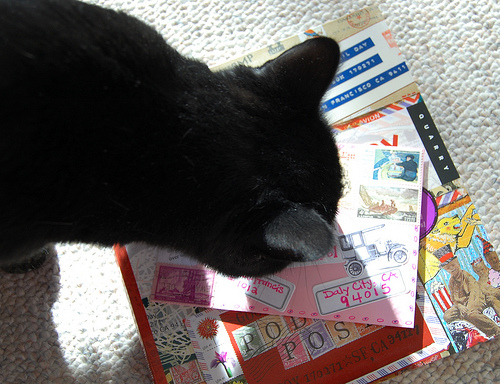Are You Letting Hedging Sabotage Your Writing?
Today’s guest post is by international best-selling author Jerry B. Jenkins:
A common error I see in beginners’ manuscripts is hedging.
It violates a cardinal writing rule—Just say it—and results in such words and phrases like:
- started to
- began to
- sort of
- almost
- kind of
- slightly
- a bit
The problem with those?
They result in flabby, hesitant prose no one has the patience to read and no editor wants to buy.
Such writing reads like this:
Jake started to wonder if he should check on Madison. She sounded sort of scared on the phone, almost panicky. He began to think maybe he’d better get over to her place and check on her. It was almost as if he knew he would kind of regret it if something happened to her and he’d ignored his instincts.
He was slightly relieved when he finally talked himself into going and also found a bit of comfort when he saw her car in the driveway.
When You Slash That Hedging Language . . .
. . . watch this passage, intended to get our hero from one place to another, come alive.
Jake started to wonder if he should check on Madison. She sounded sort of scared on the phone, almost panicky. He began to think maybe Jake knew he’d better get over to her place and check on her. It was almost as if he knew he would He’d kind of regret it if something happened to her and he’d ignored his instincts.
He was slightly relieved when he finally talked himself into going got there and also found a bit of comfort when he saw her car in the driveway.
Here’s how it looks with those edits applied:
Madison sounded scared on the phone, panicky. Jake knew he’d better get over to her place and check on her. He’d regret it if something happened to her and he’d ignored his instincts.
He was relieved when he got there and found her car in the driveway.
Your Comfort Zone
Maybe you’re an introvert or you speak that way among family and friends to keep from coming off as a know-it-all.
Fine.
Be as careful and guarded as you wish in the privacy of your own home. But eliminate hedging words and phrases from your prose and you’ll find yourself writing with directness, precision, and power.
That’s the kind of writing that sells.
 Jerry B. Jenkins has written 189 books with sales of more than 70 million copies. He’s had 21 New York Times best sellers, including the Left Behind series. He now shares his writing knowledge with aspiring authors.
Jerry B. Jenkins has written 189 books with sales of more than 70 million copies. He’s had 21 New York Times best sellers, including the Left Behind series. He now shares his writing knowledge with aspiring authors.












crisp, clean, succinct—and a much easier read!
Thanks, Robin!
Great post! It’s so true. Beginning writers do these things.
Thanks for your kind comments, Anneli.
I try to always track certain words in my manuscripts before I send them off to the editors. It makes a huge difference. Thanks for some new ones to add to my list!
You’re welcome, Peggy. 🙂
I’m a beginning writer, and I notice that I do do these things commonly. Thanks for this post.
This is good advice. My question would be why did we use those words in the first place. What were we trying to convey by their addition? In real life if you hedge around committing to an action there is a reason why. The same is true of your characters.
For example: I often write ‘started to’ when I know the characters actions are going to be interrupted.It also can be a strong indication that I’ve fallen into the trap of telling when I should be showing.
Thank you for the thought provoking post.